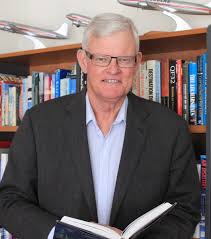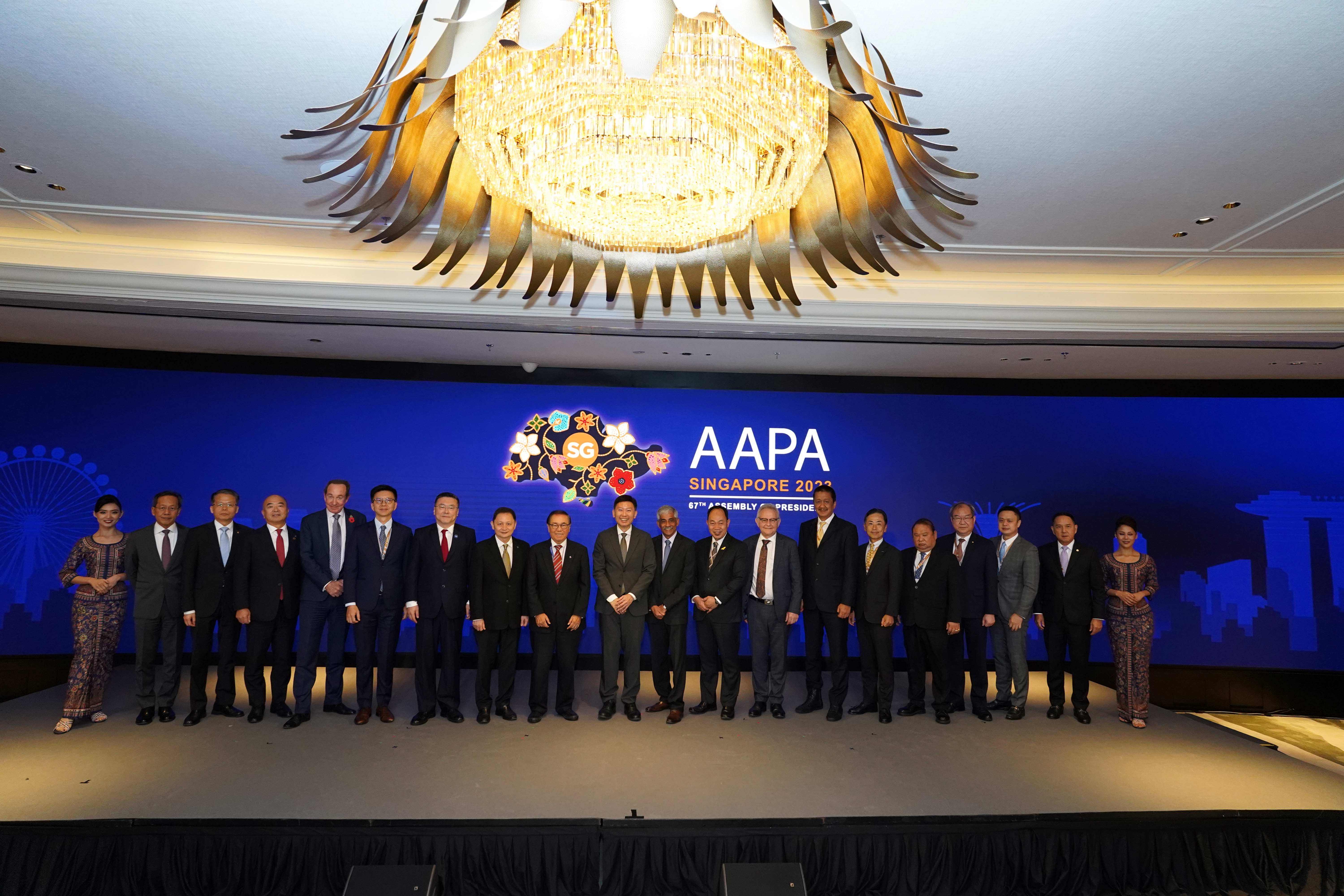AAPA Pledges 5% SAF By 2030
11 November, 2023
3 min read

Geoffrey Thomas
By joining our newsletter, you agree to our Privacy Policy


The Association of Asia Pacific Airlines has pledged to work together to strive for a sustainable aviation fuel (SAF) utilisation target of 5% by 2030.
The airlines disclosed their collective ambition, at the 67th AAPA Assembly of Presidents meeting in Singapore on Friday, November 10.
The AAPA said in a statement that “as post-pandemic global traffic recovers, the air transport sector remains firmly committed to addressing its carbon footprint in the long term, by embracing the global aspirational goal of net zero CO2 emissions by 2050.
“To fulfil this objective, AAPA calls on governments, fuel producers, airports, and other industry organisations to come together globally, to accelerate the transition to renewable energy and fuel the industry’s journey towards carbon neutrality.”
The Director General of AAPA Mr. Subhas Menon said: “A harmonised global framework that enables the cost-effective supply of SAF is crucial for aviation to attain its net zero emissions goal by 2050. By highlighting their collective ambition on SAF usage, AAPA airlines are indicating the level of SAF demand as an impetus for governments to consider the necessary support initiatives for SAF supply, and for fuel producers to plan SAF production capacity, to meet the needs of the industry.
“At the same time, a globally agreed accounting framework for airlines to account for their emission reductions, based on a chain of custody approach, should be in place.
“This will ensure that the relevant carbon abatement credits are properly attributed in the SAF supply chain from feedstock to production and use.”
JOIN: AirlineRatings.com YouTube Channel
GET: Accurate MH370 Information From AirlineRatings.com Newsletter
Noting the crucial role played by conventional fuel suppliers in this initiative, Mr. Menon added that “SAF is both essential and desirable for the aviation industry. In addition, SAF production represents a new growth and income opportunity for States as well as for waste, agriculture, and fuel industries, globally. Government policy to encourage the production and take-up of SAF everywhere in the world is needed to transition to an environmentally sustainable international aviation industry.”
The Assembly of Presidents also passed a resolution on aviation safety, pledging to work with ICAO and relevant national regulators to actively generate initiatives in Asia Pacific to further enhance safety culture in various areas, especially in regions with inherent terrain, visibility, and situational weather challenges.
It said that such initiatives could include programmes on training and education, reporting and investigation, knowledge-sharing, and the deployment of advanced technologies.
A third resolution was passed by the Assembly, calling on governments to avoid imposing unilateral measures on airlines that would have disproportionate impacts on operations, affect overall connectivity and schedule reliability.
It warned that overly strict enforcement of passenger and slot-related regulations during and in the immediate aftermath of periods of mass disruption to transportation systems may not serve the best interests of the travelling public if they are not practical, cost-effective, efficient, and sustainable.
In conclusion, Mr. Menon said, “The pandemic highlighted the complex and interdependent nature of the global aviation system. Sustainability, aviation safety and cross-border travel require globally harmonised rule-making and coordination. Unilateral or inwardly focused regulatory measures can result in unintended consequences beyond a state's borders in the wider aviation system.”
Get the latest news and updates straight to your inbox
No spam, no hassle, no fuss, just airline news direct to you.
By joining our newsletter, you agree to our Privacy Policy
Find us on social media
Comments
No comments yet, be the first to write one.

